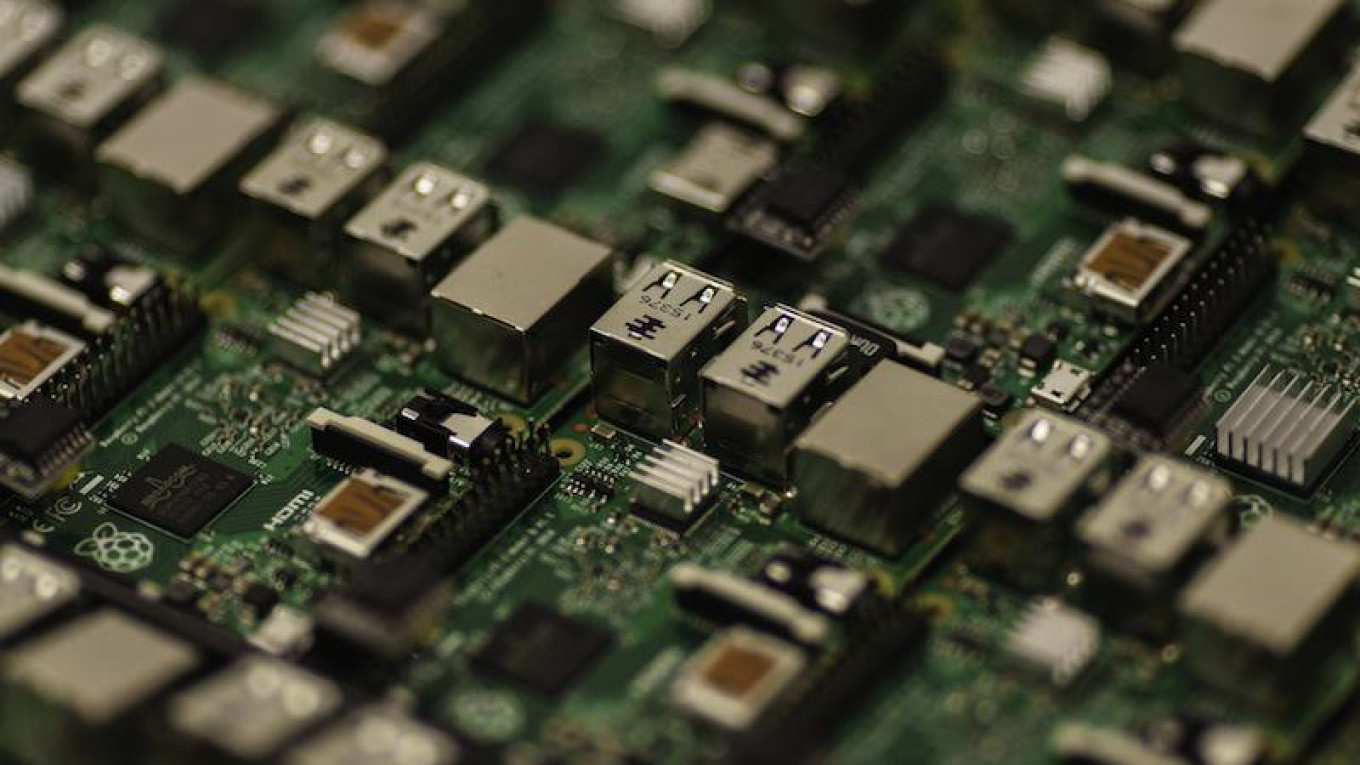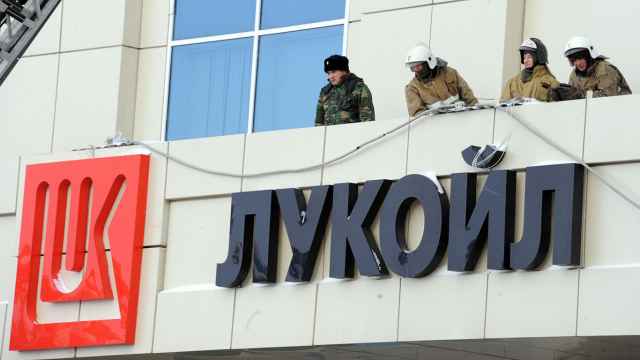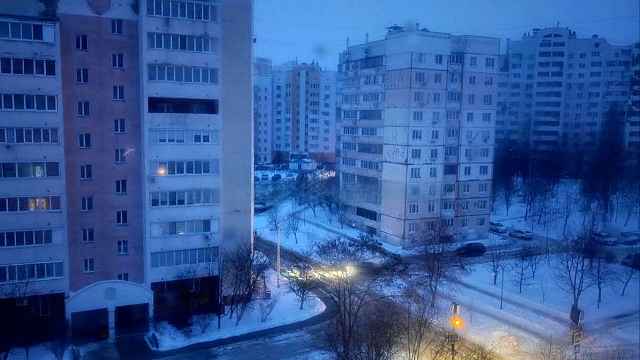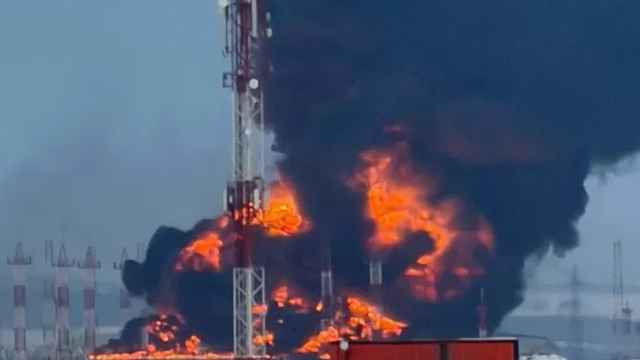President Vladimir Putin asked
Communications and Mass Media Minister Nikolai Nikiforov on Thursday to report on progress in implementing
new anti-terror legislation, known as the "Yarovaya Law."
The new laws, which go into effect July 1, 2018, require all Russian telecom operators and Internet service providers to store records of all of their users’ calls, messages, and files for six months, and information on the existence of those communications for three years. Internet providers will be required to hand over to law enforcement agencies the keys to decrypt all such traffic as a whole, as well as individual user messages.
Nikiforov reported to the president that, in most cases, Russian industry does not manufacture suitable equipment for the task. “This needs to be done quickly,” Putin responded. “Companies need to be able to get to work on what is a good and guaranteed state contract.”
A special “Internet + Sovereignty” section of a working group of the presidential administration led by presidential aide Igor Shchegolev will write up a list of companies capable of storing that data, section chief Ilya Massukh told the Vedomosti newspaper.
Massukh said that Russia has enough manufacturers capable of supplying the needed equipment. “Kraftway produces data storage equipment,” he said, “as does Aquarius, the National Computer Corporation, and T-Platforms. The Rostec state corporation also has resources for setting up that sort of production,” Massukh said. He offered assurances that the government would conduct an open transparent selection process.
Massukh estimates that the creation of a system capable of storing that much data will cost tens of billions of rubles – not including the storage of video data, which Massukh hopes the authorities will not require.
Aquarius president Alexander Kalinin said his company had built a world-class computer technology production facility in Ivanovo that also produces data storage equipment. He acknowledged that production of a number of components is not concentrated in a single country, but explained that several systems for key data storage and control functions use only software produced in Russia. Kalinin added that Aquarius uses domestic CPUs to develop baseline systems.
Yelena Churakova of T-Platform said that the company is working on creating a system that could meet the needs of operators, although only assembly and some manufacturing would take place domestically. For example, the company might turn to a foreign manufacturer to purchase the disk drives that underlie all data storage systems, but use processors that are produced in Russia, such as the Baikal.
Disk drive makers such as Hitachi and Seagate might have the most to gain from the new law, said New Cloud Computing CEO Dmitry Komissarov.
Kraftway CEO Alexei Kravtsov said the company already produces specialized secure data storage systems, and added that the new law and presidential decree give Russian IT businesses an opportunity to compete with the world’s largest manufacturers.
Defending the bill in the Federation Council, Senator Viktor Ozerov said that if the authorities task Rostec with producing a substitute for foreign-made equipment for storing correspondence, conversations, and content, it would unquestionably deliver. On Thursday, a Rostec representative said only that the state-owned corporation does have such equipment on hand.
The manager of one major Russian developer suggested that the most logical solution would be for operators themselves to create a single storage system for all telecommunications traffic.
Rostelecom, MTS, VimpelCom and Tele2 representatives all declined to make official comments. A MegaFon representative said the company had not discussed such an idea. Mobile operators have already estimated their losses from new anti-terrorism laws at 2.2 trillion rubles ($35 billion).
A Message from The Moscow Times:
Dear readers,
We are facing unprecedented challenges. Russia's Prosecutor General's Office has designated The Moscow Times as an "undesirable" organization, criminalizing our work and putting our staff at risk of prosecution. This follows our earlier unjust labeling as a "foreign agent."
These actions are direct attempts to silence independent journalism in Russia. The authorities claim our work "discredits the decisions of the Russian leadership." We see things differently: we strive to provide accurate, unbiased reporting on Russia.
We, the journalists of The Moscow Times, refuse to be silenced. But to continue our work, we need your help.
Your support, no matter how small, makes a world of difference. If you can, please support us monthly starting from just $2. It's quick to set up, and every contribution makes a significant impact.
By supporting The Moscow Times, you're defending open, independent journalism in the face of repression. Thank you for standing with us.
Remind me later.






